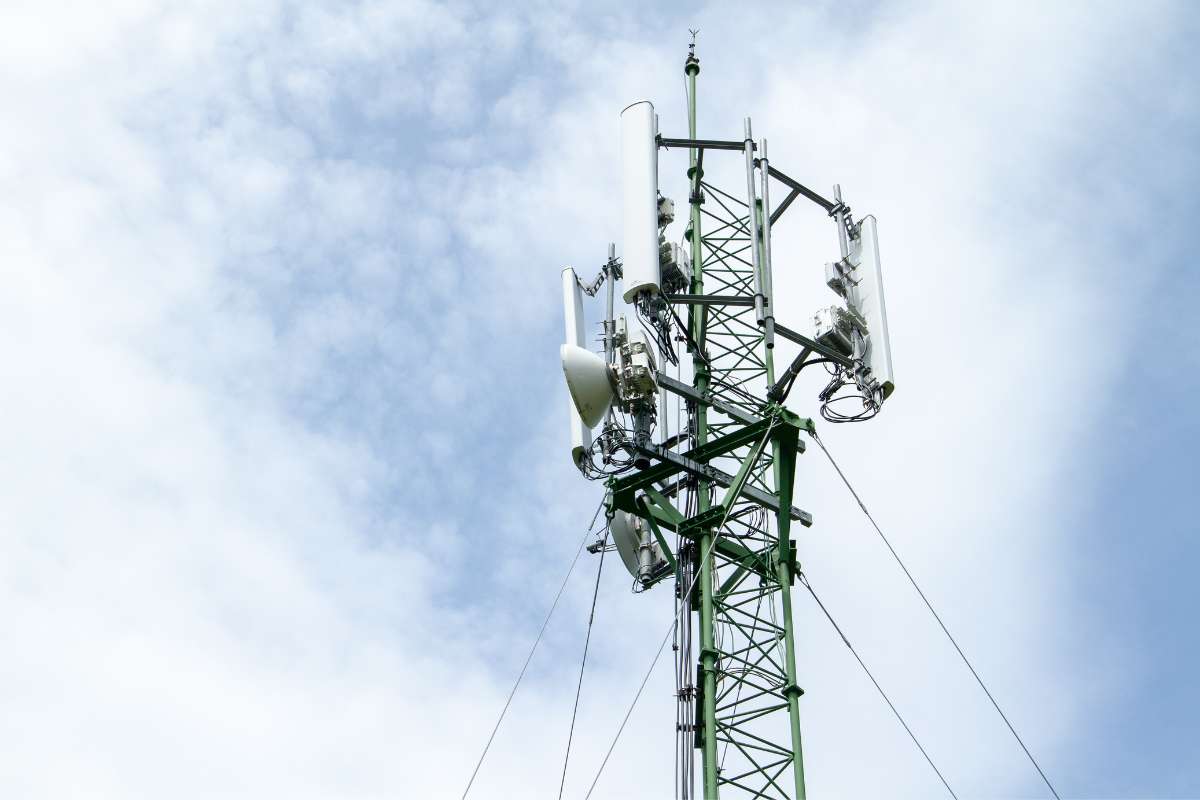The Cellular Operators Association of India (COAI) has lauded the efforts of the government to announce wireless licensing reforms along with the release of the National Frequency Allocation Policy (NFAP) 2022. Some of the reforms announced have already been implemented and will help with the quicker rollout of networks and services. This will also help with the Ease of Doing Business (EoDB) through reduced compliance. Let’s take a look at some of the key highlights of the Telecom Reforms 2022 around Wireless Licensing.
Highlights of Telecom Reforms 2022
Talking about the NFAP 2022, COAI said that it takes into account the outcomes of the ITU’s Radio Regulations and the specifics for the usage of spectrum by various users in India via the India remarks. This will provide regulatory certainty to all users of the spectrum in India. The new NFAP 2022 will bring forth vital information with regard to the usage of frequency bands from 8.3 kHz to 3000 GHz for a variety of radio services. The policy includes nearly 17 GHz of new additional spectrum for implementing 5G across bands (sub GHz, C-band, and above 6 GHz). The new NFAP policy was important as with 5G, the way wireless networks work and the amount of spectrum required will change forever. Lt. Gen. Dr S.P. Kochhar, Director General, COAI, said, “We greatly appreciate the Government’s proactive approach in implementing these progressive reforms, which are aimed towards facilitating a simpler, less time-consuming system for quicker execution of processes, as well as towards enabling Ease of Doing Business for the sector. This would be instrumental in helping faster deployments of networks and roll-out of services to the users. The industry is enthused and motivated with the impetus being provided by the Government towards strengthening the critical telecom ecosystem in the nation, and we look forward to provide all the requisite support to help realise the collective vision of a ‘Digital India’ for all. We are optimistic that the other issues faced by the industry will also be addressed by the Government in a similar manner.”
